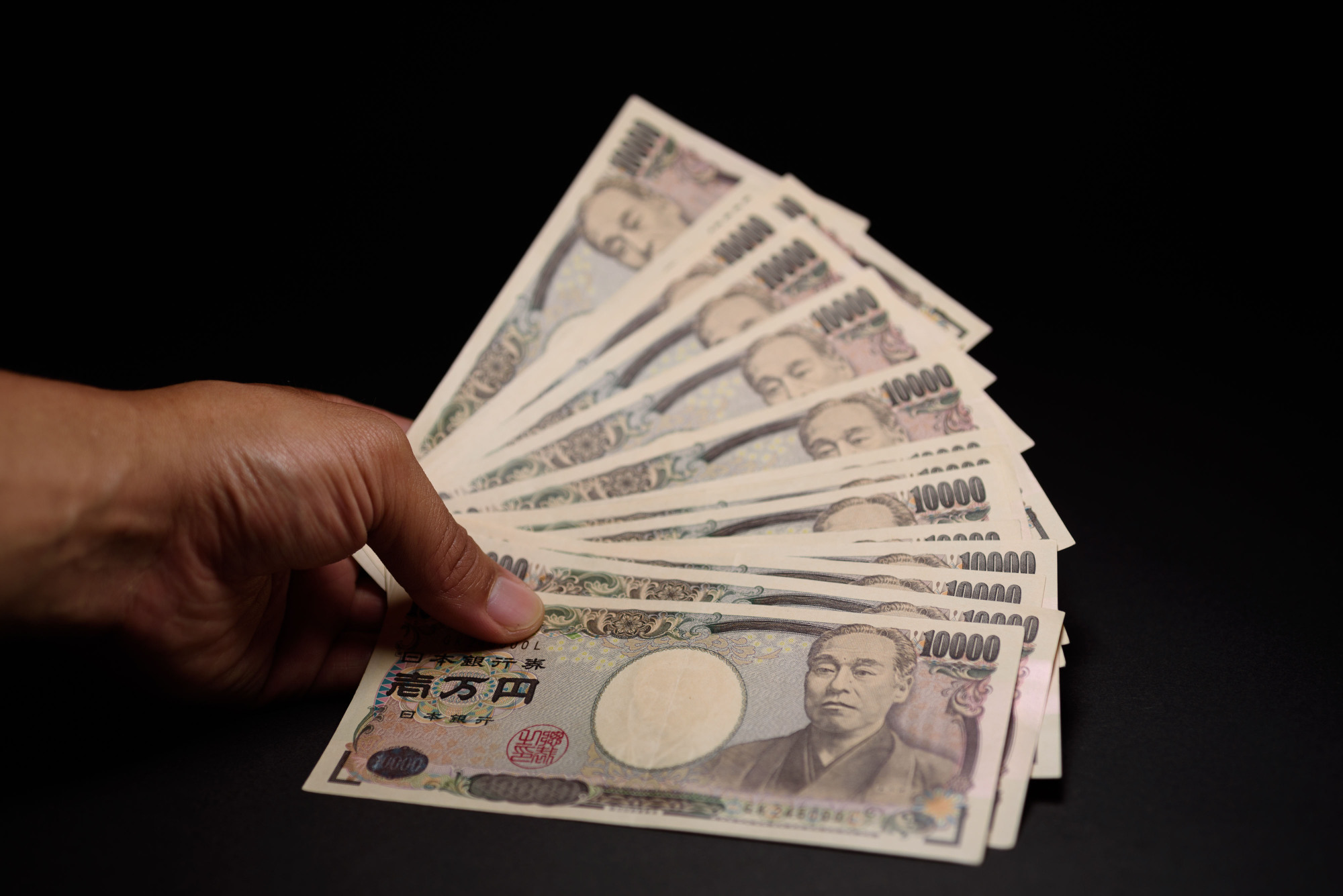Monetary medicine in Japan is keeping the economy alive, but with nasty side effects. The search for a new cure should begin with a simple question: What if the Bank of Japan were to throw out its money-printing presses?
Instead of pushing more yen into an economy that has already absorbed a threefold increase in cheap central-bank funds in five years without any sign of the much-awaited 2 percent inflation, maybe it's time to abolish cash altogether.
While previous BOJ chiefs were rightly blamed for not acting aggressively enough to prevent the country's slide into deflation, timidity is not a charge that can be leveled against Haruhiko Kuroda. Starting with his first policy meeting as governor in April 2013, Kuroda has expanded the central bank's holdings of government bonds and bills to 48 percent of outstanding securities, from just 12 percent. He has also made the BOJ one of the top 10 shareholders in 40 percent of Japanese publicly traded companies, according to Travis Lundy, an analyst who publishes on Smartkarma.



















With your current subscription plan you can comment on stories. However, before writing your first comment, please create a display name in the Profile section of your subscriber account page.